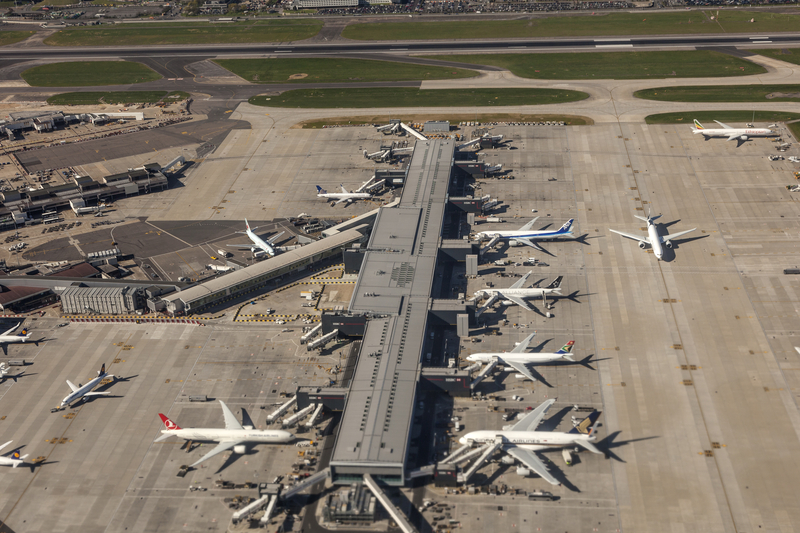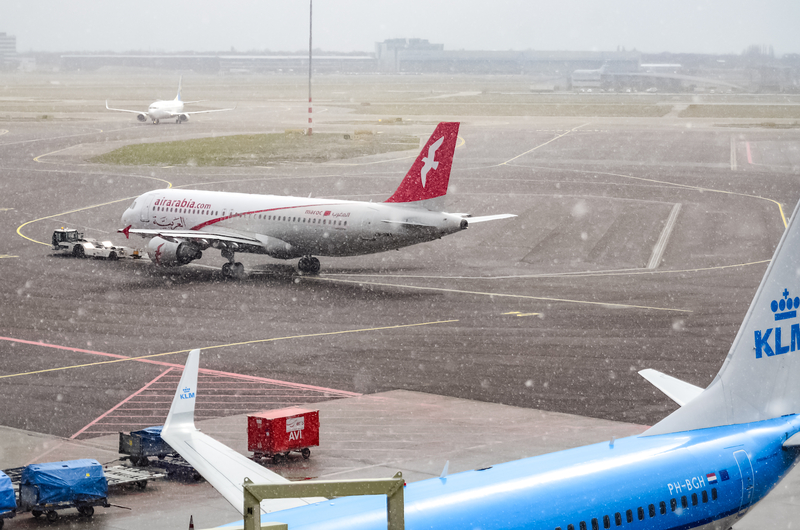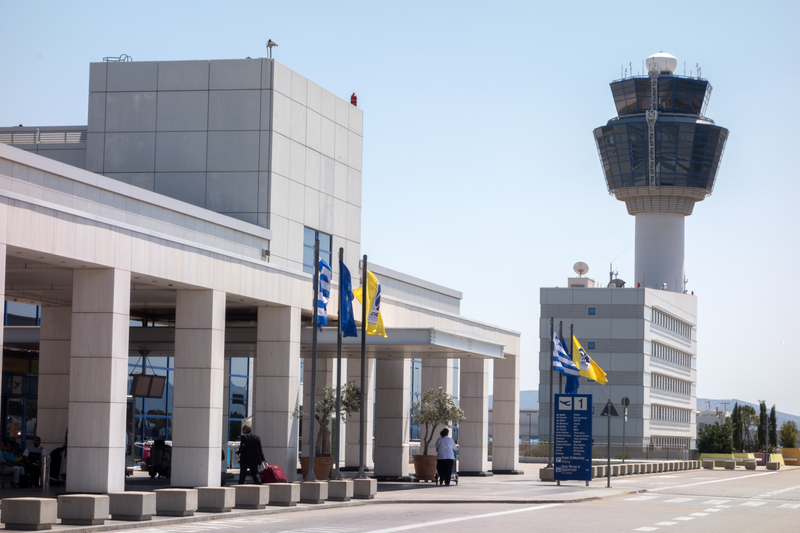Heathrow Airport Moves Forward with Third Runway and Terminal Expansions

ID 74011397 © Typhoonski | Dreamstime.com
Heathrow Airport (LHR) is advancing plans for its long-anticipated third runway and terminal expansions, aiming to significantly boost capacity and modernize infrastructure. The latest developments indicate that construction could begin within the current parliamentary term, with completion targeted by 2035.
The expansion project, which has been in development for over two decades, seeks to increase Heathrow’s annual flight capacity from 480,000 to 720,000, enabling the airport to accommodate rising demand for international air travel.
Project Scope: New Runway & Terminal Upgrades
The Heathrow expansion plan is set to be one of the largest infrastructure projects in UK aviation history, involving:
✔ Third Runway – A new 3,500-meter runway north of the existing two runways, designed to handle increased air traffic demand.
✔ Terminal Expansions – A new terminal (T6) and additional satellite concourses, providing more gate capacity for long-haul and short-haul flights.
✔ New Taxiways and Airfield Improvements – Infrastructure upgrades to reduce aircraft congestion and improve operational efficiency.
✔ Expanded Public Transport Access – Enhanced rail and road connectivity, including improved links to the Elizabeth Line and Heathrow Express.
The airport’s management expects that these developments will bolster Heathrow’s status as a global aviation hub while supporting the UK economy and job market.
Economic and Aviation Industry Impact
Heathrow’s expansion is projected to generate billions in economic benefits by:
✔ Creating over 100,000 new jobs, spanning construction, airport operations, and airline services.
✔ Boosting trade opportunities, with increased air cargo capacity supporting UK exports and imports.
✔ Accommodating up to 50 million additional passengers annually, improving connectivity for business and leisure travelers.
✔ Enhancing competition among airlines, potentially leading to lower fares and more route options.
Airport executives argue that the expansion is critical for Heathrow to remain competitive with European hubs such as Paris Charles de Gaulle (CDG), Amsterdam Schiphol (AMS), and Frankfurt (FRA), all of which have greater runway capacity.
Government and Airline Reactions
✔ Chancellor Rachel Reeves has publicly supported the expansion, emphasizing its role in economic growth and post-pandemic recovery.
✔ Airline Executives, including IAG (British Airways’ parent company) and Virgin Atlantic, have voiced concerns over potential cost increases associated with the project, warning that higher airport fees could impact ticket prices.
✔ Environmental groups, including Friends of the Earth and Extinction Rebellion, remain strongly opposed, citing concerns over increased emissions, noise pollution, and local environmental damage.
Despite resistance, Heathrow’s leadership remains confident that regulatory approvals and funding will be secured to move the project forward.
Challenges and Timeline
While the Heathrow expansion plan is now progressing, several hurdles remain:
✔ Legal Battles & Environmental Review – Courts previously ruled against the expansion due to environmental concerns, but Heathrow has since revised its sustainability commitments.
✔ Rising Costs & Funding – The project is estimated to cost over £14 billion, with final funding sources yet to be finalized.
✔ Public Opposition & Political Risks – Community groups and local MPs continue to oppose expansion plans, and upcoming political shifts could impact final approvals.
Despite these challenges, Heathrow is committed to completing the project by 2035, with preliminary work potentially starting within the next five years.
Bottom Line
Heathrow Airport’s third runway and terminal expansion represents a major milestone in UK aviation, poised to increase passenger capacity, strengthen economic growth, and solidify Heathrow’s position as a global hub. However, with cost concerns, environmental opposition, and political scrutiny, the project remains one of the most debated infrastructure developments in British history. If successful, the expansion will reshape the future of UK air travel for decades to come.





